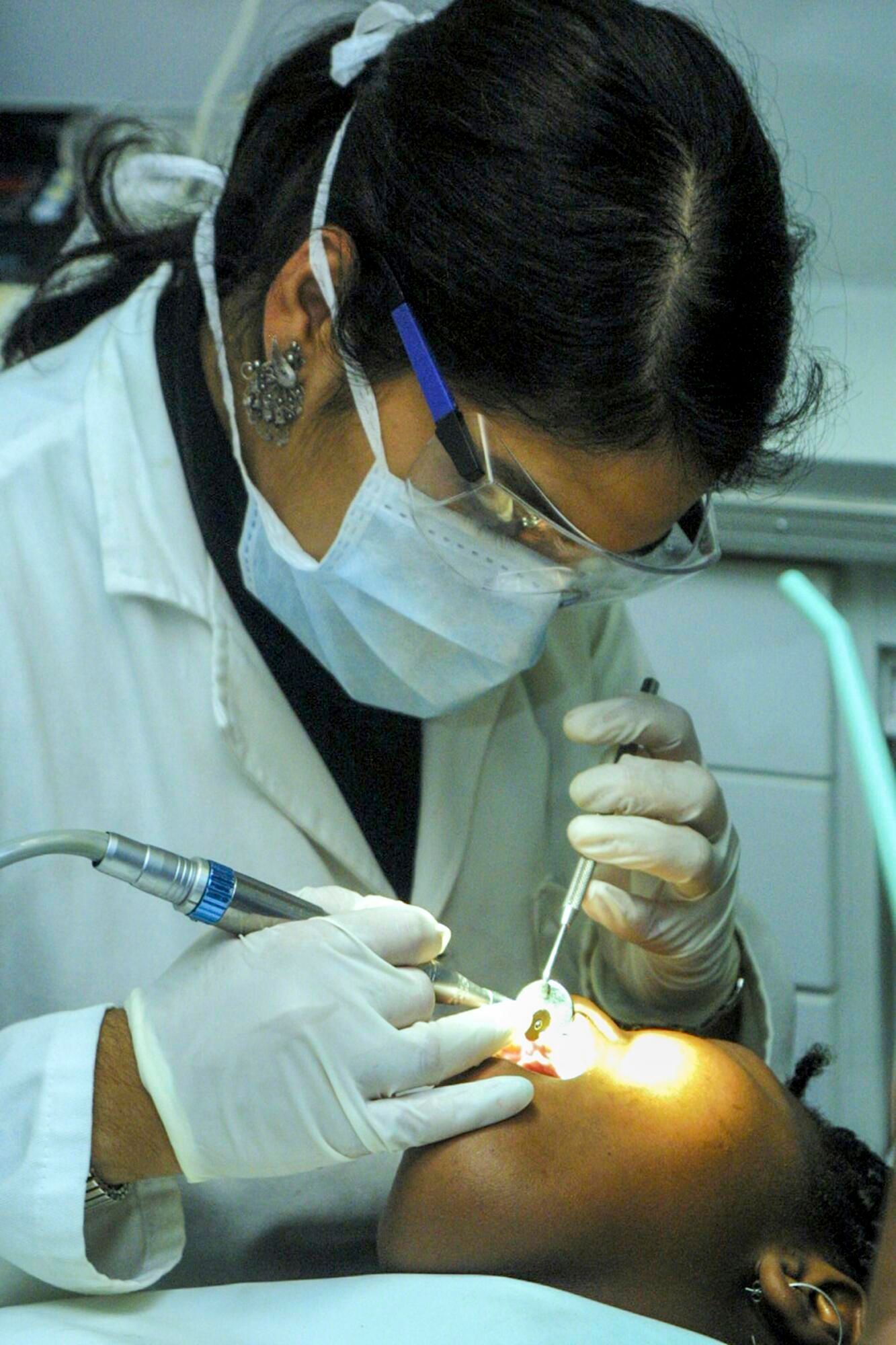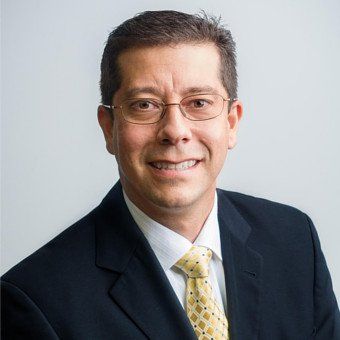If you have a dental emergency, you may require help from an oral surgeon. What is an oral surgeon? Check out this article to find out!
Were you recently in an accident that damaged a tooth? It happens more often than you realize. About one billion people are affected by oro-dental traumas worldwide.
After an accident, you might need an oral surgeon in Lutz, FL. Otherwise, you could experience painful complications if you neglect your oral health.
What is an oral surgeon, exactly, and how can they help? Read on to find out!
What Is an Oral Surgeon?
Oral surgeons are professionals who complete surgical procedures on gums, jaws, teeth, or other oral structures.
These surgeries can include:
- Jaw surgeries
- Gum grafts
- Dental implants
- Tooth extractions
These professionals are also called oral and maxillofacial surgeons. Periodontists can perform these procedures as well. These specialists have advanced training in performing oral surgery procedures.
Oral surgery is usually performed on patients who have:
- Gum disease
- Impacted teeth
- Bone loss in the jaw
- Temporomandibular joint disorder
- Benign oral pathology
- Missing teeth
- Extensive tooth decay
- Broken teeth
- Sleep apnea
- Oral cancer
Oral surgeons can treat facial and tooth injuries. They're also able to provide common dentistry services.
They're trained to detect, diagnose, and prevent diseases that can affect your gums, jaw, mouth, and teeth.
Credentials
Oral and maxillofacial surgery is a surgical specialty. It's recognized by the American College of Surgeons and the American Dental Association.
Oral surgeons must complete a two to four-year undergraduate study. Afterward, they must complete a four-year dental study for their DMD or DDS. After graduating, surgeons must complete a four to six-year residency training program.
For certification, surgeons must undertake final specialty examinations. Upon passing, they're certified by the American Board of Oral and Maxillofacial Surgery.
Graduates can also complete fellowships in an area such as:
- Cranio-maxillofacial trauma
- Craniofacial surgery and pediatric maxillofacial surgery
- Cosmetic facial surgery
- Head and neck cancer
Cranio-maxillofacial traumas include skeletal and soft tissue injuries to the head, face, or neck. Craniofacial surgery and pediatric maxillofacial surgery include cleft lip and palate repair. It can also include surgery for craniosynostosis.
Surgeons who specialize in cosmetic facial surgery complete rhinoplasties and facelifts.
Types of Oral Surgery
Since oral surgery involves the teeth, gums, and jaws, it encompasses multiple surgeries.
Here are a few of the surgeries an oral surgeon in Lutz, FL can perform.
Tooth Extraction
One of the most common types of oral surgery is a tooth extraction. Most general dentistry practices can handle this procedure as well.
A dentist might recommend a tooth extraction if you have:
- Dental trauma
- Wisdom teeth complications
- Gum disease
- Severe tooth decay
A dental specialist can also perform an extraction if you're about to receive prosthetic devices like dentures.
In most cases, your dentist will try to save your natural teeth. However, leaving a severely damaged tooth in place could compromise your oral health. Oral surgery can help reduce your risk of bone loss, cavities, and other complications.
Bone Grafts
If bone loss has occurred within the jaw, a dentist might recommend a dental bone graft.
The roots of your natural teeth stimulate your jaw. This stimulation ensures your body sends nutrients to your jaw to keep it healthy. If you lose a tooth, however, your jaw won't receive the stimulation it needs.
Bone deterioration can occur as a result.
A bone graft can help restore density and volume to the area. After bone graft surgery, you can schedule dental implant surgery. Implant surgery will ensure your jaw receives the stimulation it needs.
You might also need a bone graft during periodontal (gum) surgery.
Dental Implant Surgery
The number of scheduled dental implant procedures increased by over 6% within a single year. Between 2020 and 2026, the number of implants could increase by 23%. Dental implants are starting to eclipse other dental restoration procedures.
During a dental implant procedure, a surgeon will place a post into your jaw to replace a missing tooth. Once the area has healed, they can place a dental crown or bridge atop the post.
Dental implant surgery can restore your smile's appearance and functionality.
Corrective Jaw Surgery
Also called orthognathic surgery, this procedure can address skeletal abnormalities in the jaw bones. Surgery can help address facial imbalances and correct alignment issues.
It's also able to ease pain due to TMJ dysfunction.
Periodontal Surgery
Your dentist might recommend periodontal surgery if you have severe periodontitis (gum disease).
During the procedure, a surgeon will make an incision along your gum line. They'll temporarily move the tissue away from your teeth.
The surgeon will clean your teeth roots to remove plaque and bacteria under your gums. Then, they'll suture your gum tissue back into place.
Your surgeon might recommend a gum graft if you've experienced gum recession as a result of periodontitis.
Cleft Lip and Palate Repair
Some babies are born with an opening in their upper lift (cleft lip). Others are born with an opening in the roof of their mouth (cleft palate). These problems can occur when facial structures don't fully develop.
A surgeon can perform this procedure to restore a child's eating function. It can also help them avoid speech issues later in life.
Visit an Oral Surgeon in Lutz, FL Today
To recap, what is an oral surgeon? They're dental specialists who perform procedures on the gums, teeth, jaws, or other oral structures. If you require oral surgery, visit an oral surgeon in Lutz, FL right away.
Visiting a specialist will ensure you receive the highest standard of care based on your needs.
Need to schedule a consultation oral surgery appointment? We can't wait to see you.
Contact us today before visiting our offices.




